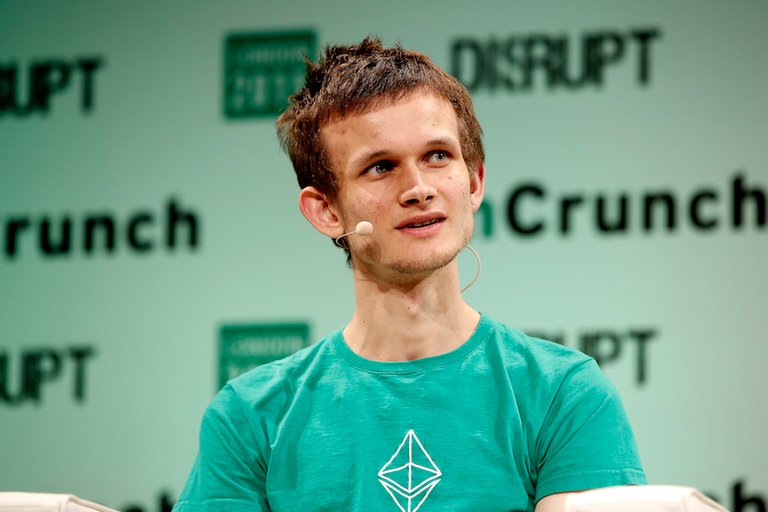Blockhain technology is a topic that is studied in past few years and is constantly growing. Here, you will find answers to the most basic questions one could ask about blockchain. Information provided here is nitpicked and simplified because technological explanations require knowledge in many science paths such as: mathematics, cryptography, economics, game theory, databases and programming.
Introduction
Why should you care about this thing called blockchain? Many people believe that blockchain technology will have major role in the future. At the moment of writing this paper, thousands of people are investing their time, money and skills to figure out a way to use blockchain and implement it in the world and making positive impact on people's lives. Blockchain is technology used under the hood of cryptocurrency bitcoin.
Bitcoin leverages blockchain to make value (money) transactions easier, faster and cheaper than traditional methods of money transfer.
Ethereum is another example of blockchain technology being put to use where programmers can build decentralized applications. These two examples are currently the most promising ones but no one knows if something better will be made tomorrow.
Beginning of the Blockchain
Satoshi Nakamoto is anonymous group or individual who conceptualized the first blockchain in 2008 and implemented it in the following year as a core component of the digital currency bitcoin. It was a first reliable cryptocurrency which couldn't be manipulated. Satoshi's blockchain concept was inspired by researches from previous decades and with the modern computing, it was able to be implemented.
Bitcoin
Blockchain is a distributed and decentralized database which stores lists of records which are called blocks. They are all connected and depending on each other which lead to word blockchain.
Bitcoin uses this technology to store transaction information in these blocks. Since everyone connected to blockchain have their own copy of it, nobody can alter the blockchain. Every change in blockchain needs to be implemented to every blockhain copy.
If I download bitcoin's blockchain and I decide to add my custom block, my copy of a blockchain will not match everyone else's and will be treated as separate blockchain. The only way to make this technique work is to have more than 50% power over the blockchain which is practically impossible due to blockchain's architecture.
Bitcoin’s block block store information about transactions on a blockchain, from which to which wallet money goes, transaction timestamp, previous block number. Making these blocks and validating transactions is done by people who use their computers to do mathematical operations necessary to support the blockchain. This process is called mining and miners are automatically rewarded if their computer helps in building the next block.
Bitcoin was the first currency to do this and it owes a lot of its popularity to that fact. Will it remain the king of all cryptocurrencies is debatable because many others are emerging because there are things bitcoin could have done more efficiently.
Ethereum

Vitalik Buterin is one of the first Bitcoin supporters. He started Bitcoin Magazine and invested his time and skills to contribute to Bitcoin. Until he saw that he could make improved version of it with multiple functionalities.
At the age of 19 in 2013 Buterin wrote Ethereum white paper. The project went live in 2014 and it’s currency ether (ETH) is the second largest on the market right now. It is similar to bitcoin in its core concepts but has added functionalities.
Ethereum can be viewed as the world computer because it uses blockhain not only to transfer money but also to execute commands called smart contracts. It gives people opportunity not only to share money but also services. With ethereum’s smart contract it is possible to write applications that could replace many of today’s huge business models and organizations.
Conclusion
Bitcoin and Ethereum are not the only blockhain implementation examples but are currently the most popular ones. Only 9 years old, blockchain technology is still very young and haven’t reached its full potential. The blockchain implementations presented in this paper are still in development and aren’t in their final form.
Blockchain conflicts with many traditional models of economy and gives people more power by decentralization. How will we use this power is the question that we must ask ourselves when we recognize it.
This is a report paper I submitted in Communication Skills class in my University. I discovered blockchain only a month before writing this and I feel like I found a gold mine of technology